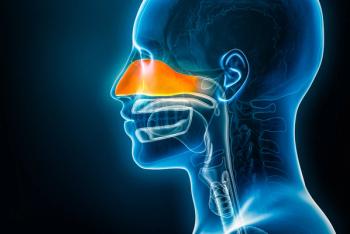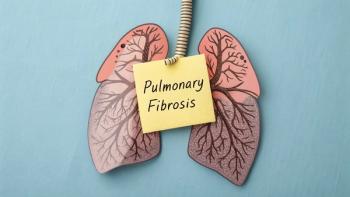
Study Confirms Pesticide Exposure Causes Wheezing in Children
Exposure to pesticides is often linked to adverse respiratory health outcomes in children and those living in agricultural communities are regularly exposed to multiple types of pesticides. A number of studies conducted in recent years that examined respiratory symptoms and agricultural pesticide exposure have found significant associations to chronic cough, wheeze, dyspnoea, breathlessness or chest tightness in children.
A new study, conducted by a collaboration between researchers at the Mailman School of Public Health at Columbia University and the Keck School of Medicine at the University of Southern California, aimed to find an ever deeper and more concrete connection.
The study, published in Environmental Epidemiology in October of 2024, revealed more wheeze symptoms among children who lived near pesticide applications.
The researchers leveraged data from the California Pesticide Use Registry, looking at pesticides such as sulfur, chlorpyrifos and glyphosate, and compared those living near areas of exposure and parent-reported respiratory health symptoms in predominantly Latino school-aged children.
The Imperial Valley near the U.S.–Mexico border was chosen as the focal point for the study because it is heavily agricultural area where millions of pounds of pesticides are applied annually.
“All health variables (i.e., asthma status and wheezing) were derived from a parent-reported questionnaire on respiratory health,” the researchers wrote. “We used generalized linear models, controlling for child sex, the language of survey, health insurance, respondents’ highest education, and exposure to environmental secondhand smoking, to calculate prevalence differences between none versus low and high exposure to agricultural pesticides.”
From the analysis of children living in the Imperial Valley, the researchers found that 62% of the 708 children (aged 5–12 years) were exposed to pesticide application within 400 meters of their homes, which led to a greater wheeze. What’s more, the children classified in the high exposure group exhibited a prevalence of wheezing that was 10 percentage points higher than among children not exposed to pesticide applications.
The study’s findings were consistent with previous studies that have found an association between exposure to pesticides and increased wheezing in children. However, exposure to glyphosate and wheezing among children had not been previously reported, and that’s a connection this study made.
Looking ahead, the researchers plan to evaluate the relationships between other classes of pesticides and objective measures of respiratory health.
Newsletter
Get the latest industry news, event updates, and more from Managed healthcare Executive.

























